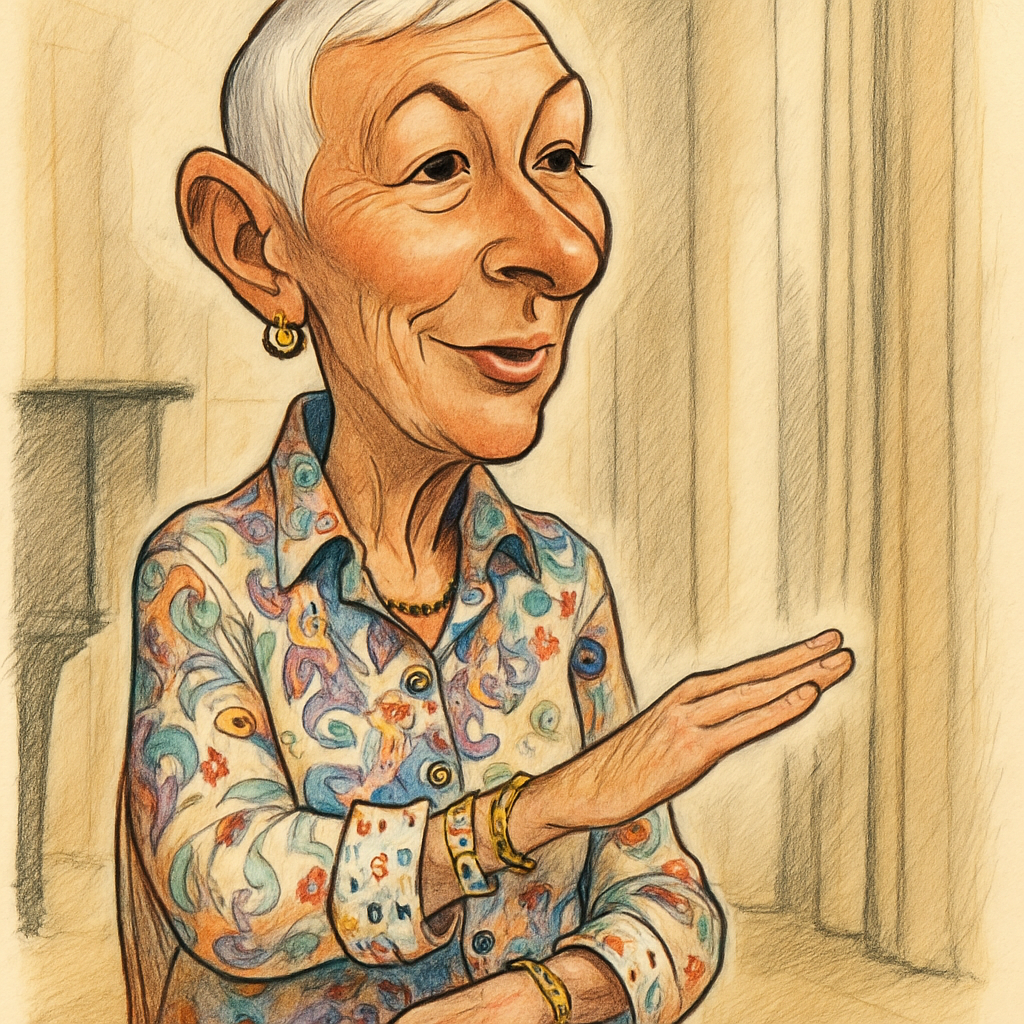NEW YORK — Tennis legend and outspoken activist Martina Navratilova has launched a fresh, scathing critique of former President Donald Trump, following his recent comments expressing fears about the potential loss of his U.S. citizenship, a concern she finds deeply ironic given his hardline immigration policies and her own history as a naturalized American.
The 18-time Grand Slam singles champion took to social media platform X (formerly Twitter) to voice her indignation, highlighting the stark contrast between Trump's personal anxieties and the treatment of immigrants under his administration and proposed policies.
Trump's Citizenship Fears and Navratilova's Retort
The controversy ignited during a recent interview where Donald Trump was discussing the legal battles he faces. He voiced an unusual concern, stating, "If I weren't a citizen, I'd be so worried... I'd be worried about losing my citizenship." While the context was unclear, the remark was interpreted by many, including Navratilova, as a moment of personal vulnerability about the sanctity of his American status.
For Navratilova, who famously defected from Communist Czechoslovakia in 1975 at the age of 18 and became a U.S. citizen in 1981, the comment was a trigger. She responded directly on X, writing, "Says the man who wants to deport millions of people... Just saying."
This pithy response encapsulated the core of her argument: that Trump's fear of a privilege being revoked is a daily reality for countless immigrants living under the threat of his proposed deportation raids and immigration crackdowns.
A History of Political Clashes
This is far from the first time Navratilova has used her platform to criticize the former president. Their feud has been public and pointed for years, with Navratilova consistently calling out what she perceives as Trump's bigotry, authoritarian tendencies, and attacks on democratic norms.
Key points of contention between the athlete and the politician include:
- Immigration: Trump's family separation policy and rhetoric about immigrants from "shithole countries."
- LGBTQ+ Rights: Trump's ban on transgender individuals serving in the military and his administration's rollback of protections.
- Democratic Institutions: His attempts to overturn the 2020 election and his continued claims of it being "stolen."
Navratilova, a gay rights icon, has been particularly vocal about the Trump administration's policies affecting the LGBTQ+ community. She has repeatedly framed her political stance as a defense of the American values she embraced when she became a citizen.
The Irony of a Defector's Perspective
Navratilova's life story provides a powerful backdrop to her criticism. Her defection was a dramatic choice to escape an oppressive regime and seek freedom and opportunity in the United States. She has often spoken about the profound meaning U.S. citizenship holds for her.
In past interviews, she has described the moment she became an American citizen as one of the proudest of her life, stating, "I chose this country. This country didn't choose me. I chose it, and I'm so grateful."
This personal history makes Trump's flippant remark about losing citizenship particularly galling. From her viewpoint, a man who was born with that privilege, and who she believes has shown a consistent disregard for the struggles of those who earn it, is now expressing a fear that mirrors the existential dread faced by immigrants his policies target.
The Broader Political Context
Trump's comment comes at a time when immigration remains a central pillar of his 2024 presidential campaign. He has promised to launch what he calls the "largest domestic deportation operation" in American history if re-elected.
This proposed policy would directly threaten millions of undocumented immigrants with the very loss of residence and stability that Trump's offhand comment seemed to fear. Navratilova's retort serves to highlight this perceived hypocrisy, suggesting that the former president is blind to the human impact of his own proposals.
Public and Political Reaction
Navratilova's post quickly garnered significant attention, amassing thousands of likes and retweets. Reactions were predictably divided, with supporters praising her for "speaking truth to power" and critics accusing her of misinterpreting Trump's statement or being overly political.
Immigration advocacy groups, however, echoed her sentiment. A spokesperson for the National Immigration Forum stated, "It's easy to take citizenship for granted when you've never had to fight for it. Many Americans understand its fragility all too well."
The incident underscores the deep cultural and political divides in the United States, where the very meaning of citizenship and the nation's approach to immigration are fiercely debated. Navratilova, as a celebrated athlete and naturalized citizen, occupies a unique position in this debate.
Conclusion: A Defender of American Ideals
Martina Navratilova's latest rebuke of Donald Trump is more than a celebrity feud; it is a poignant commentary on the value of American citizenship. By juxtaposing Trump's personal fear with his political agenda, she forces a public conversation about empathy, consistency, and the principles the country claims to uphold.
For a woman who risked everything for the promise of America, seeing a political leader seemingly devalue that same promise for others is an affront. Her message is clear: the security of one's place in this nation should not be a partisan issue, but a shared, protected value.
As the 2024 election cycle intensifies, the voices of figures like Navratilova remind the public that the stakes extend beyond political gamesmanship to the very lives and futures of millions of people who call the United States home, whether by birth or by choice.
In the end, Navratilova's critique boils down to a simple, powerful question: How can one so fiercely guard a privilege for oneself while simultaneously seeking to strip it, or the path to it, away from so many others? It is a question that continues to resonate in the ongoing American discourse.

